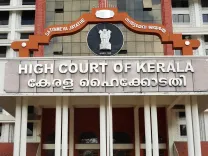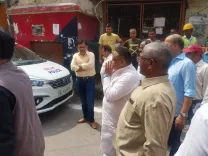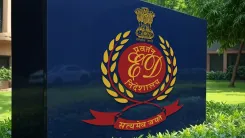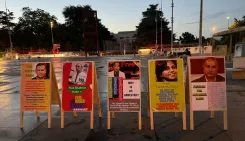Why is Congress Criticizing the ECI’s Bihar Voter List Revision?
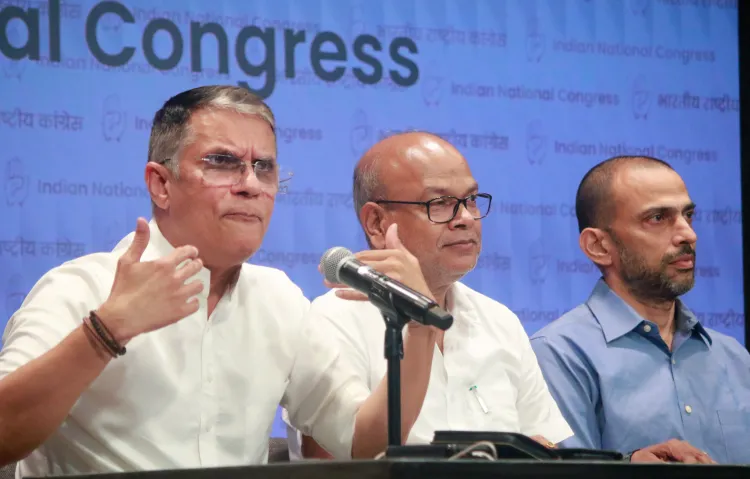
Synopsis
Key Takeaways
- ECI's directive raises concerns about disenfranchisement of marginalized communities.
- Congress leaders highlight the impracticality of verifying 8 crore voters in 30 days.
- Bihar's unique challenges make quick voter list revisions problematic.
- Criticism of ECI's transparency and communication practices.
- Potential electoral implications for upcoming Bihar elections.
New Delhi, July 3 (NationPress) The Congress party has vehemently criticized the Election Commission of India (ECI) for its latest instruction to conduct a Special Intensive Revision (SIR) of Bihar’s voter registry in a mere month.
As the state elections approach, prominent Congress figures assert that this action appears to be a calculated attempt to remove names of the underprivileged, including the poor, Dalits, backward communities, and migrant workers.
During a press conference at Congress's new headquarters in Delhi, Media and Publicity Chairman Pawan Khera, Bihar Congress President Rajesh Ram, and Congress Bihar in-charge Krishna Allavaru expressed doubts about the intent and practicality of the revision, labeling it “humanly impossible.”
“How can you possibly verify the names of 8 crore voters in just 30 days? The Chief Election Commissioner himself has indicated that this is the new ECI and the new normal. Is it now up to the CEC to decide who he will or won’t meet?” Khera questioned.
“If this keeps up, the ECI might as well move its office to the BJP headquarters,” he added.
This uproar follows a meeting where a delegation from the INDIA coalition spoke with election officials, including CEC Gyanesh Kumar, where Congress leader Abhishek Manu Singhvi noted that not all representatives were permitted to attend.
Khera also accused Gyanesh Kumar of leaking internal communications to the press, stating, “This cannot remain hidden anymore. What legacy is the CEC creating by denying citizens their fundamental voting rights?”
Rajesh Ram voiced similar concerns, emphasizing that Bihar’s unique challenges—such as floods in the north, drought in the south, and extensive migration—render a swift revision both unfeasible and discriminatory.
“Three crore individuals have migrated for work. How will you verify them in flood-hit areas? Will you send workers on boats?” he questioned.
“Most members of the poor, SC, ST, and OBC communities lack birth certificates, with only 2.18 percent possessing them. What about the others?”
He further pointed out that Bihar’s electoral infrastructure is already overstretched. “BLOs are managing thousands of voters each, and there are significant vacancies in the system. How can this task be accomplished in such a short period? Resources and personnel are severely lacking,” he said.
Krishna Allavaru criticized the initiative as a “Tughlaki farman,” drawing comparisons to demonetization.
“In the annals of Indian electoral history, has any state ever been asked to provide proof of 8 crore voters who participated just a year ago in the Lok Sabha elections? What has changed in a year?”
All three leaders urged the election authority to explain why Aadhaar and other government-issued IDs, such as ration cards or job cards, are not accepted for verification.
As Bihar approaches a pivotal election, Congress declared, “We will not permit 20 percent of Bihar’s population to be stripped of their voting rights.”

